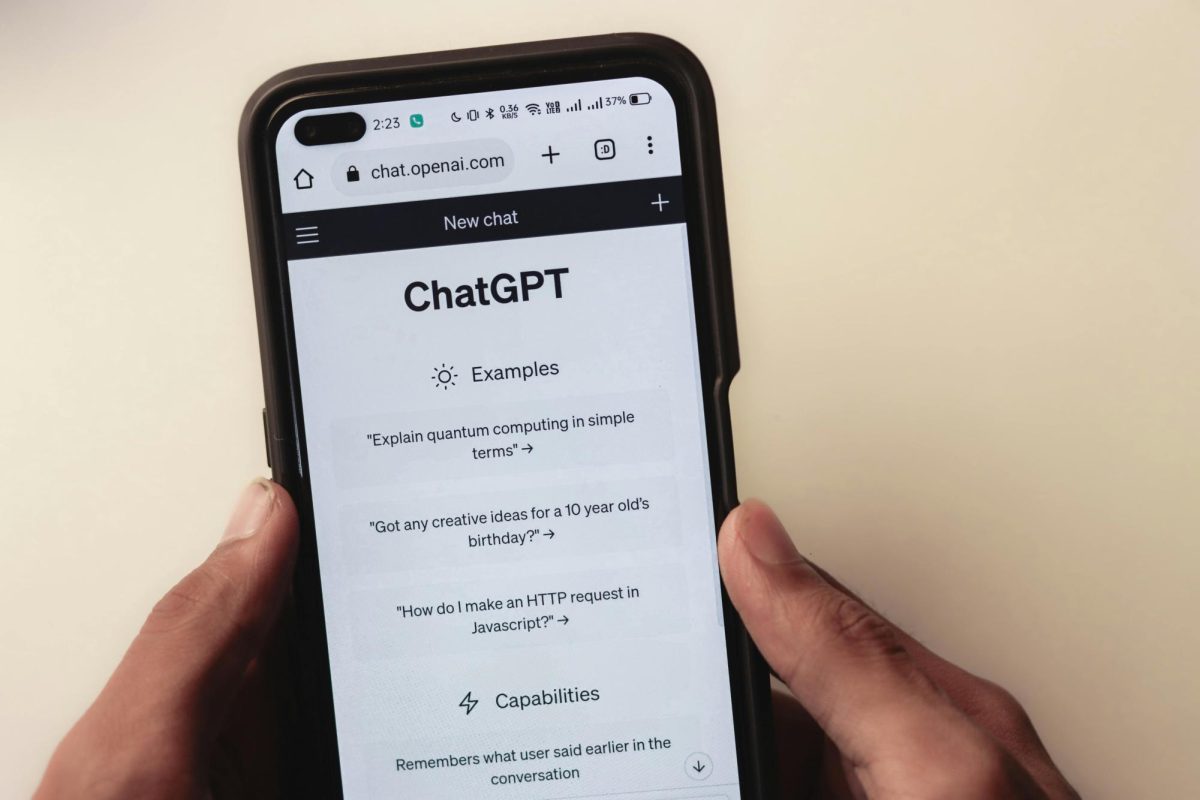In AP classes, students take an elevated level of a normal high school class. These courses are set at a college level so that students can challenge themselves and see how they can fare when placed in a harder environment. Students spend all year preparing to take the dreaded AP exams in May as a final test of their knowledge in the subject. After the tests are taken, it is common for students to be filled with a sense of accomplishment. Tackling such a task and finally knowing that all their hard work has paid off washes away the stress that students endure for weeks leading up to the test. Late nights studying, hours of review videos, practice tests, none of them have to be worried about post AP exam season. With this comes another effect, the “senioritis” of an AP student. This raises a question: should teachers teach more content to AP students, even after they have already taken their exams?
Senioritis, despite its name, is a condition that is not limited to seniors in high school. It is characterized by a lack of motivation to continue school once approaching the end of the school year. Warmer weather and anticipation of a summer full of fun teenage memories are factors that can contribute as well. Many seniors know that they will be graduating within weeks and this is when the symptoms kick in. Lower grades, missing assignments, procrastination, and a general loss of interest are riddled all over in the affected students. It is hard to overcome this sensation and many seniors ride out this wave until they complete their high school career. After all, “they are almost done, they deserve the break.” With AP students, their feelings may be a bit more justified than the typical senior who gets lazy in May/June.
By having completed a full course of a subject, it seems redundant to force more content upon AP students. After working so hard to study and prepare for the exams, it is justified that these students are given a break. As it is, AP classes are very rigorous and demanding. It would not make sense to pile even more work onto students, especially when there are only weeks left of school. This class time could more usefully serve as a study hall period where students can focus on completing work for other non-AP classes. This way, students can be as effective as possible while also acknowledging that they can take the time they need to enjoy their social life after school. If school is constantly about hustle, then students will continue to feel negatively about it and lose more and more motivation over time. By showing mercy and sparing the students with an already high workload, they won’t feel as overwhelmed and burn out for their other classes.
While it can be seen as helpful to always push students into learning more, in some cases, it can actually lower the quality of their education. Stressing AP students when they’ve already overcome the final task of taking exams seems counterintuitive. If they have already displayed their proficiency in a subject at the college level, it is unnecessary to require more of them. Rewarding hard working students with a small amount of downtime can come a long way with the effects of senioritis taking a hold of the students already. Dedication and persistence should be recognized and given the respect it deserves.








